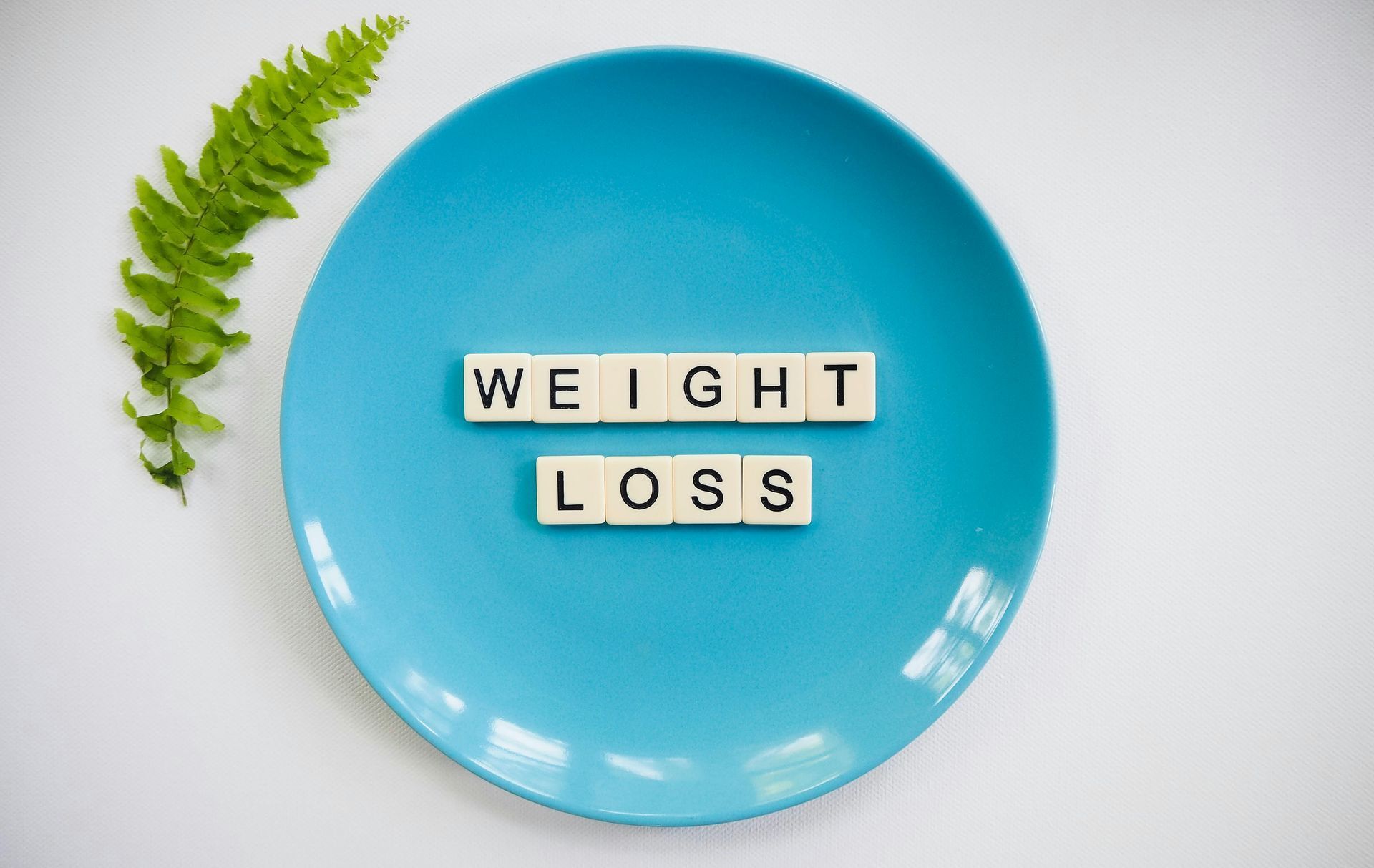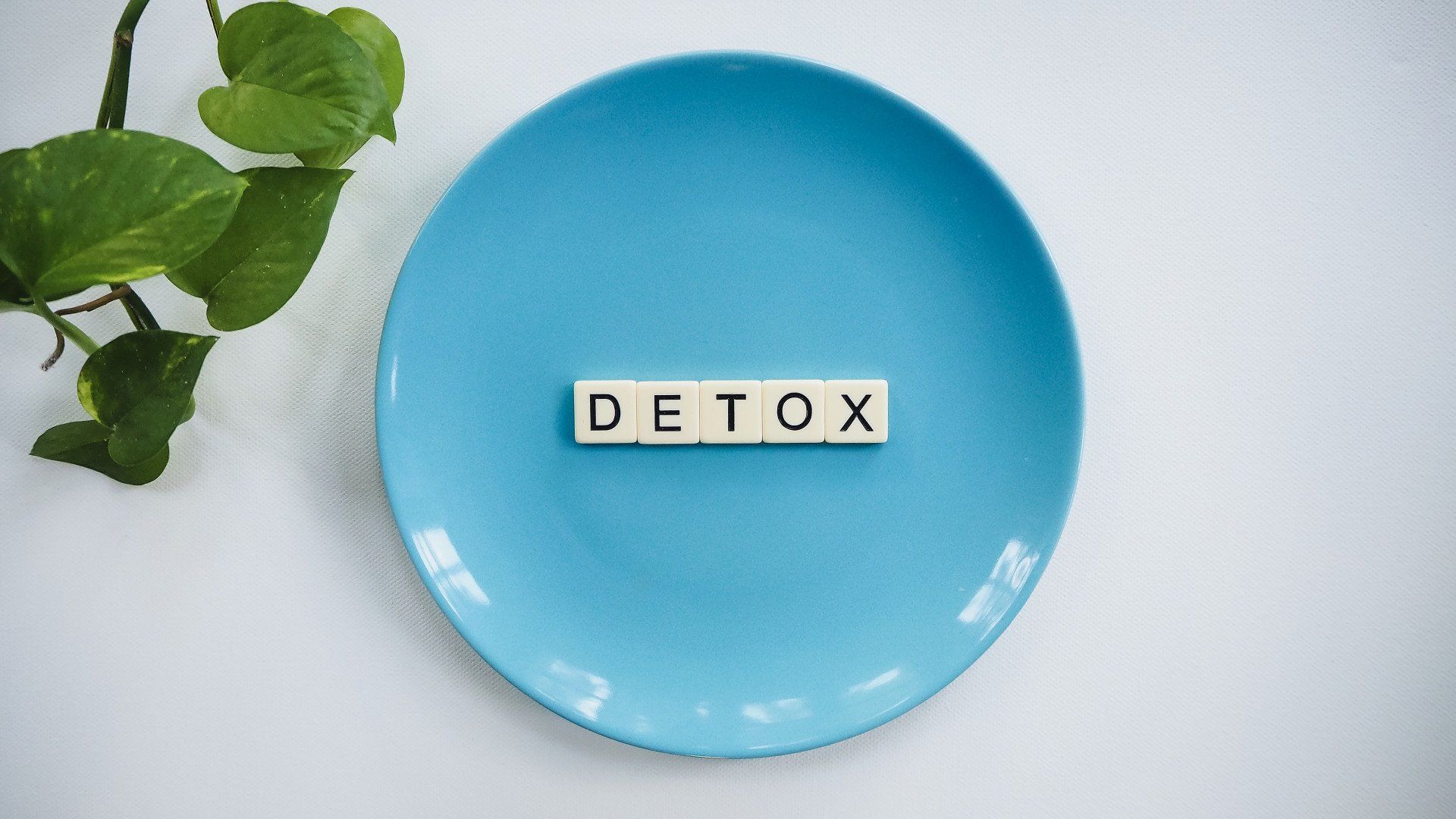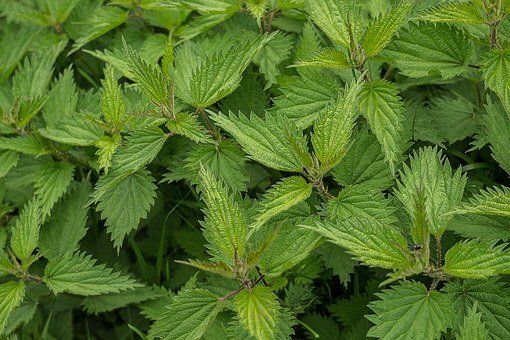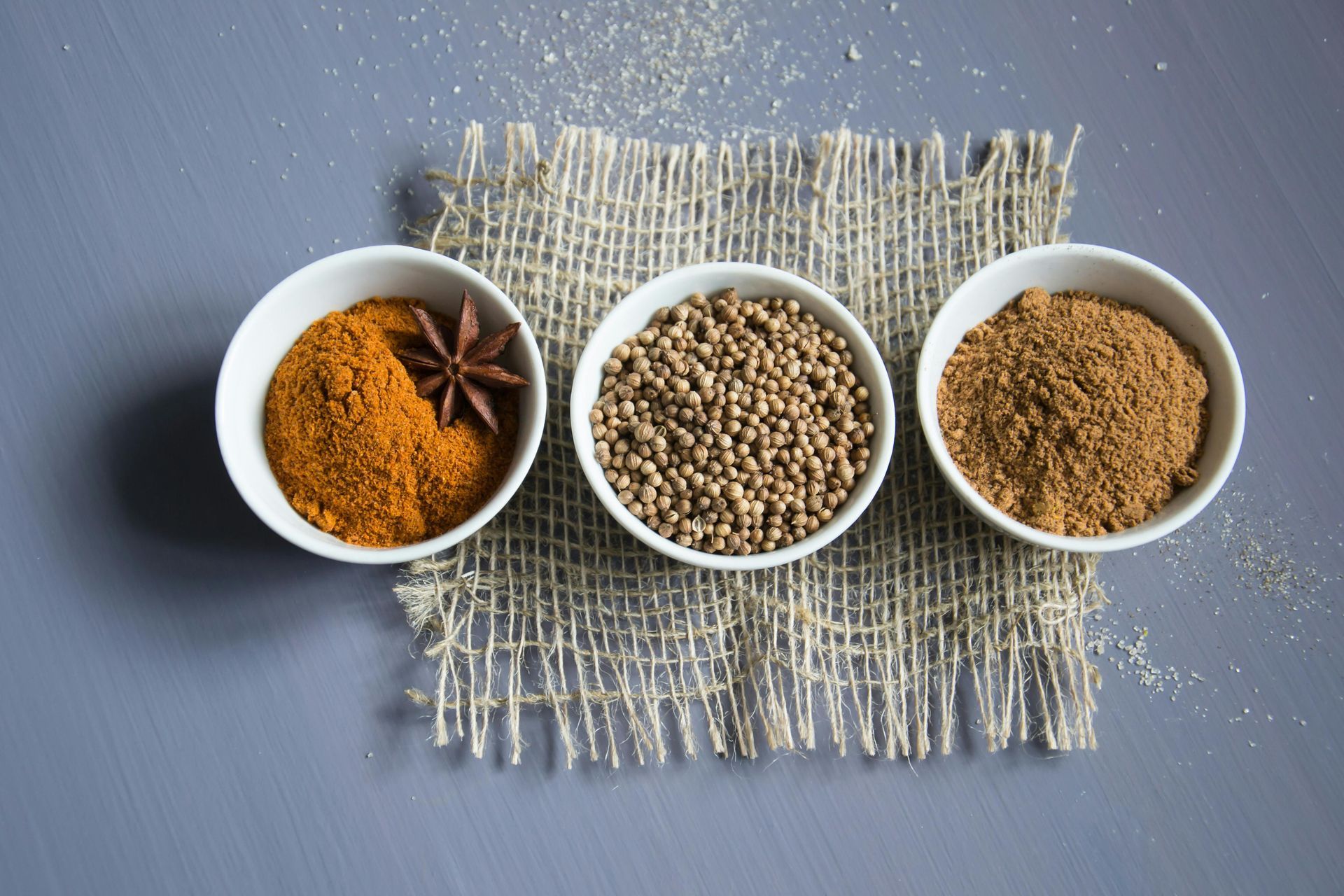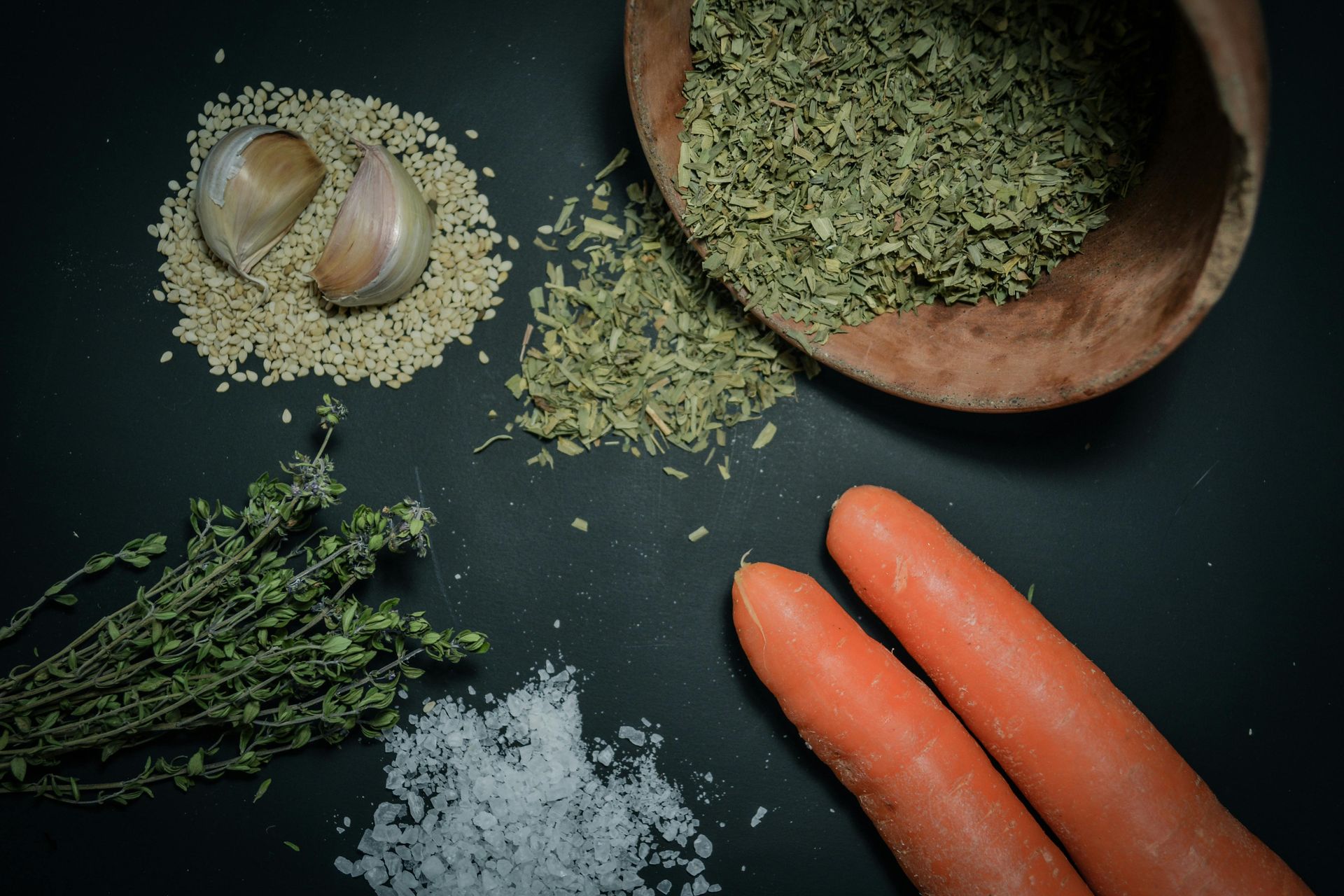The power of fiber
Fiber is once again making an appearance on the nutrition front as the key to weight loss. Most nutrition experts would agree that fiber is one of the most important nutrients in the diet for several reasons.
Fiber-rich foods such as fruits, vegetables, whole grains and legumes tend to be low in calories as well as high in nutrients, making them ideal choices for weight control. Both insoluble and soluble fiber is important for maintaining regularity and normal gastrointestinal health. Soluble fiber, such as that found in apples and oat bran can help to lower cholesterol. Fiber promotes satiety or a feeling of satisfaction after eating by inhibiting the gut hormone grehlin, also known as the “hormone of hunger”.
By eating fiber-rich foods or taking a fiber supplement grehlin is suppressed, causing a person to want to eat less. Fiber is one of the keys to appetite control.
It is easy to incorporate the benefits of fiber into your diet. Choose whole, natural foods instead of processed foods. Whole cooked grains such as brown rice, buckwheat, wheat berries, quinoa, millet and oatmeal are high in fiber and very satisfying. Sprouted multigrain breads are another good choice. Beans and legumes are high in fiber as well as iron, folate and protein. Legumes are exceptional high fiber foods because they have complex carbohydrates that slowly release glucose into the bloodstream, making them ideal for diabetics and for those who are trying to lose weight. Sweet potatoes, apples, spinach and other dark green leafy vegetable such as kale or collard greens also pack a fiber-rich nutritional punch.
In addition to a whole foods diet, some individuals benefit from a fiber supplement. It is best to increase both the water soluble and insoluble forms of fiber in the diet as each type has unique health benefits. Pectins, gums and mucilages are soluble fibers which provide the following health benefits:
- Cholesterol lowering
- Blood sugar regulation
- Improve colon health by encouraging the production of short chain fatty acids and colonic microflora.
Insoluble fibers such as wheat bran, flaxseed lignins and vegetable celluloses do not affect blood sugar or cholesterol but do strongly promote bowel regularity. A newer addition to the fiber supplement line is digestion resistant starch or “clear” fiber. A number of companies now produce this gluten-free starch which dissolves completely in liquids and can be easily hidden in foods, making it ideal for children. Digestion resistant starch has many of the same properties as insoluble fiber.
If you choose to take a supplemental form of fiber, it is important to increase your water intake. Fiber soaks up water like a sponge and causes the stools to become bulkier and soft. Conversely, if water is in short supply, added fiber can make the stools harder instead of easier to pass. Drink a few extra glasses of water each day when using a fiber supplement. If you are unaccustomed to a high fiber diet, increase your intake gradually over a period of a few days to a week to minimize side effects such as gas or bloating.







